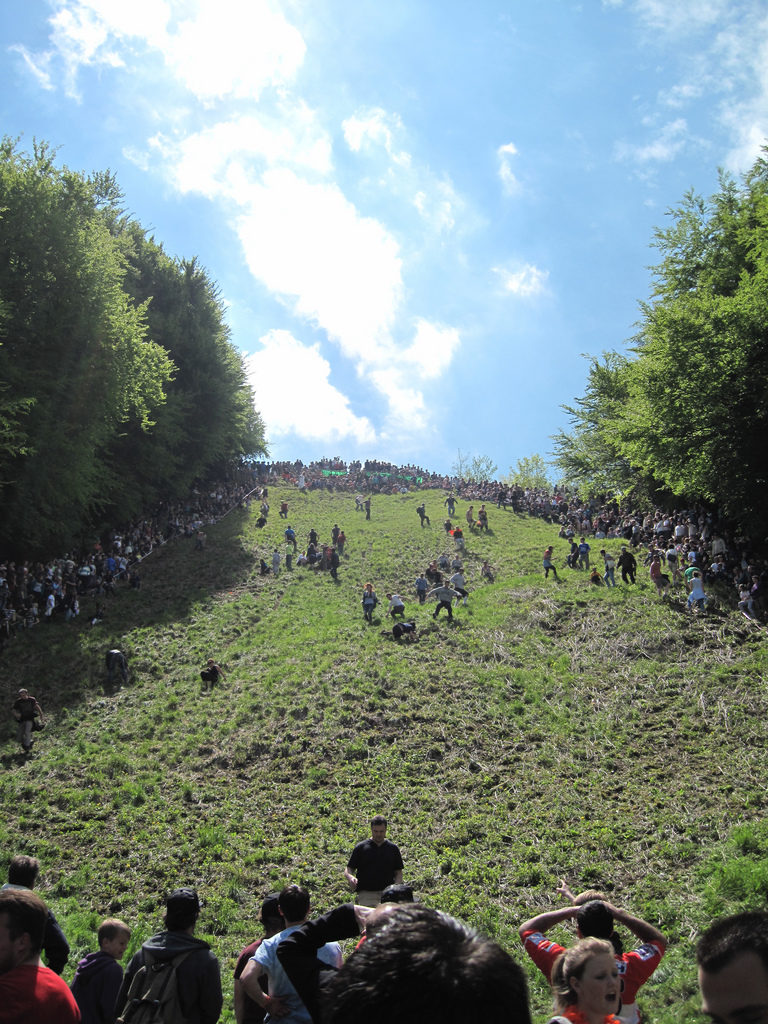As a dedicated student, you might often find your schedule packed with lectures, assignments, and revisions. While focusing on your academic goals is vital, so is taking the time to rest and recharge. Relaxing and unwinding isn’t just a luxury; it’s an essential part of maintaining your mental and physical well-being, which can contribute positively to your academic performance. If you’re looking for ways to balance your study routine with periods of relaxation effectively, keep reading for some insights and tips that can help you stay refreshed and focused.
Developing a Balanced Schedule: Combining Study with Leisure
Creating a schedule that marries study with leisure can seem daunting. Yet, it is a strategic approach that can lead to enhanced productivity and a healthier lifestyle. It begins with assessing and allocating your time, ensuring that you set aside slots for both academics and relaxation pursuits.
When planning your week, incorporate short breaks between study sessions to help clear your mind and prevent fatigue. These breaks might include anything from a brisk walk to a quick gaming session on a free play online casino, offering a mental respite from the rigors of academia. Playing casino games at an online casino is a great way to take your mind off of a hectic schedule.
Leisure time should also encompass activities that you look forward to, giving you something enjoyable to focus on beyond textbooks and assignments. Intersperse these hobbies throughout your schedule to maintain a healthy balance that can lead to higher energy levels and renewed focus when you return to your studies.
Integrating Mindfulness and Meditation Into Your Study Routine
While it may seem counterintuitive to add yet another task to your schedule, integrating mindfulness and meditation into your study routine can yield immense benefits. These practices help improve attention, reduce stress levels, and increase overall well-being, which is especially helpful in the context of a demanding educational career.
Mindfulness can be as simple as taking a moment to consciously focus on your breathing between studying chapters, or performing a quick body scan to identify and release tension. These short practices can be done within minutes but can have a profound impact on your mental state.
For those who can dedicate more time, meditation sessions can serve as bookends to your study routine, preparing your mind for the work ahead or helping to decompile the information learned after a hard day’s work. There are many guided meditations available specifically designed to cater to the hectic lifestyle of students.
Studying for a demanding MLS program or master of laws online means you need all the mental acuity and calm you can muster, and mindfulness could be just the key to achieving that. Regularly practicing can gradually inculcate a mental discipline that supports academic excellence and personal growth.
Effective Relaxation Techniques Tailored for Busy Students
Students often find themselves pressed for time, so it’s important to identify relaxation techniques that can be effectively woven into a hectic schedule. Short and focused activities can prove beneficial, including deep-breathing exercises, which can be done anywhere, anytime, and are known for their immediate stress-relieving properties.
Physical activity, such as yoga or jogging, is another effective method. These not only offer a mental break but also encourage endorphin production, which can elevate mood and counteract stress. Involving yourself in a sport or fitness routine can also add a social element to your relaxation, providing an additional outlet for decompression.
Creating a Personal Sanctuary: Designing a Relaxation Space at Home
Your environment can significantly influence your ability to relax and unwind. Thus, creating a personal sanctuary within your home is an essential step toward a relaxing lifestyle. This space should be dedicated to tranquility and free from study materials or other stress-inducing stimuli.
Consider the ambiance: gentle lighting, comfortable seating, and perhaps the inclusion of plants to bring a sense of nature indoors. Aesthetically pleasing elements and personal touches like photos or souvenirs can enhance the comfort of your relaxation space, making it a truly inviting retreat.
Sound can also impact relaxation, so including a sound machine or speaker to play calming music or nature sounds can aid in creating a serene atmosphere. This can be especially effective for those living in noisy environments such as dorms or busy neighborhoods.
Overall, Relaxation need not be seen as a fringe activity for students; it’s an integral part of a thriving academic life. By making time for relaxation and implementing the right practices, you can enhance your ability to study effectively while ensuring that your mental and physical health are also taken care of.





